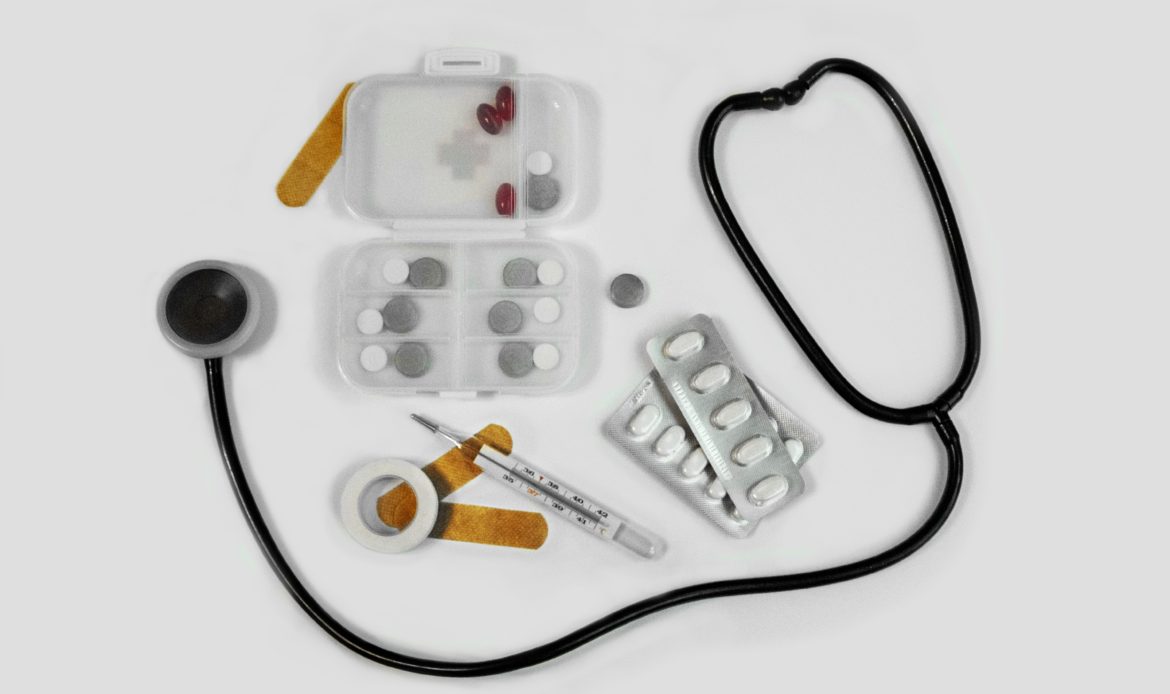Misogyny in Western Science

Last summer, my best friend Sarah began to experience intense pain in her upper jaw and mouth area. She went to a doctor immediately and was told it must be her wisdom teeth. They sent her to the surgeon the following Monday, scheduling her wisdom teeth removal and giving her muscle relaxants in the meantime. Two days later, the same pain was still unbearable. She went back to the practitioner “begging for some sort of relief,” taking the form of antibiotics. On that Saturday, still in pain, she took matters into her own hands and called an emergency dental clinic, who performed an emergency root canal because of a misdiagnosed accessed tooth. Once she returned to her regular dentist to check her root canal, they were confused and dismissed her pain even after the emergency dental clinic’s procedure. When asked about this experience, Sarah distressingly explained, “I didn’t go back [to my regular dentist] after that … I really don’t want to. Just the thought of walking in that building makes me upset.” Furthermore, on multiple occasions in past years, she went to the doctor to address her unmanageable menstrual pain, only to be told to just take some ibuprofen and, essentially, get over it.
The reality is this: women have to fight persistently if they want their medical problems to be valued and solved without being dismissed or misdiagnosed.
The University of Toronto (2022) published a research report, finding that female patients are more likely to experience complications, and even die, when operated on by a male surgeon. Extensive studies in Ontario reveal that 15% of women were “more likely to experience a bad outcome if their surgeon was a man.” Additionally, research showed a 32% chance of women dying 30 days after a procedure executed by a male surgeon. Researchers in the article suggest that a major contributor to this problem is a lack of communication between male surgeons and female patients and perhaps a lack of trust.
This is not necessarily a case of men hating women or caring less about women’s health. It is more a lack of research regarding women’s health which stems from a misogynistic medical history and leads to endless sexism in the medical field. The individual male surgeon is not to blame but rather the culture of Western medicine and science and its sexist foundation.
In her 2018 article entitled “The Philosophical Roots of Western Misogyny,” Christia Mercer writes about the philosophical foundation of gendered science. Most prominent is Aristotle’s notion of women as mutilated men due to their cold, passive bodies, thus “her natural mutilation makes her contribution to human flourishing dramatically inferior to a man’s.” Moreover, Aristotle’s perspective on female bodies as being mutilated branches beyond the body and into the moral, mental space of women as Aristotle expresses that “[i]t is their cold and heavier blood that lead [women] to be less able to be courageous, independent, and intelligent.”
The philosophical beginnings of women’s inferiority served as a strong basis for Western science emerging in the Middle Ages. According to Grewal and Kaplan (2002), Western science flourished with the dismissal of “traditional” knowledge, such as Chinese or Indigenous practices, as illegitimate and outdated. Thus, women’s vital roles within non-Western knowledge were ignored and devalued. Before Western science solidified itself as truth once capitalism was born, Aristotle and other philosophers’ theories about women’s bodies were believed and relied upon, deeming women slightly inferior to men. Once Western science became truth, the discrepancy between male and female bodies grew. Men were then decidedly incredibly superior to women, marginalizing women in a society controlled by men, because science said so.
The medical world, built from a patriarchal and misogynistic society, knows frighteningly little about the female body. Featured in The Guardian, Gabrielle Jackson (2019) in her article “The female problem: how male bias in medical trials ruined women’s health” interviews Dr. Kate Young who explains how the healthcare system was made by men, for men, leaving women naturally excluded from medical knowledge and research. Instead of acknowledging the gaps in medical research, female patients are usually disregarded, assumed hysterical, and are expected to “take control (with their minds) of their disease (in their body) by accepting their illness, making ‘lifestyle’ changes and conforming to their gendered social roles of wife and mother,” says Dr. Young. Along the same lines, Angelina Saina (2021) writes: “The bigger problem is the cultural presumption that women are exaggerating or being overly emotional about their pain … this suggests that diversity or data are not the only issues, but that the sexist assumptions shared by societies at large are also to blame. Women are being lumped together and labelled as untrustworthy patients.” Furthermore, in another article by Jackson (2019) entitled “Why don’t doctors trust women? Because they don’t know much about us,” she writes how women wait longer for pain medication and cancer diagnosis than men, while largely being misdiagnosed and dismissed.
While the lack of proper, trustworthy communication between surgeons and patients does create a divide and perpetuates sexist assumptions, women dying from being operated on by male surgeons points to bigger gaps and flaws in the healthcare system and culture at large. Women’s bodies are under-researched, undervalued, and are still viewed as inferior to male bodies, resulting in the science surrounding women’s bodies and brains to be rooted more in culture and assumptions than in objective science.
